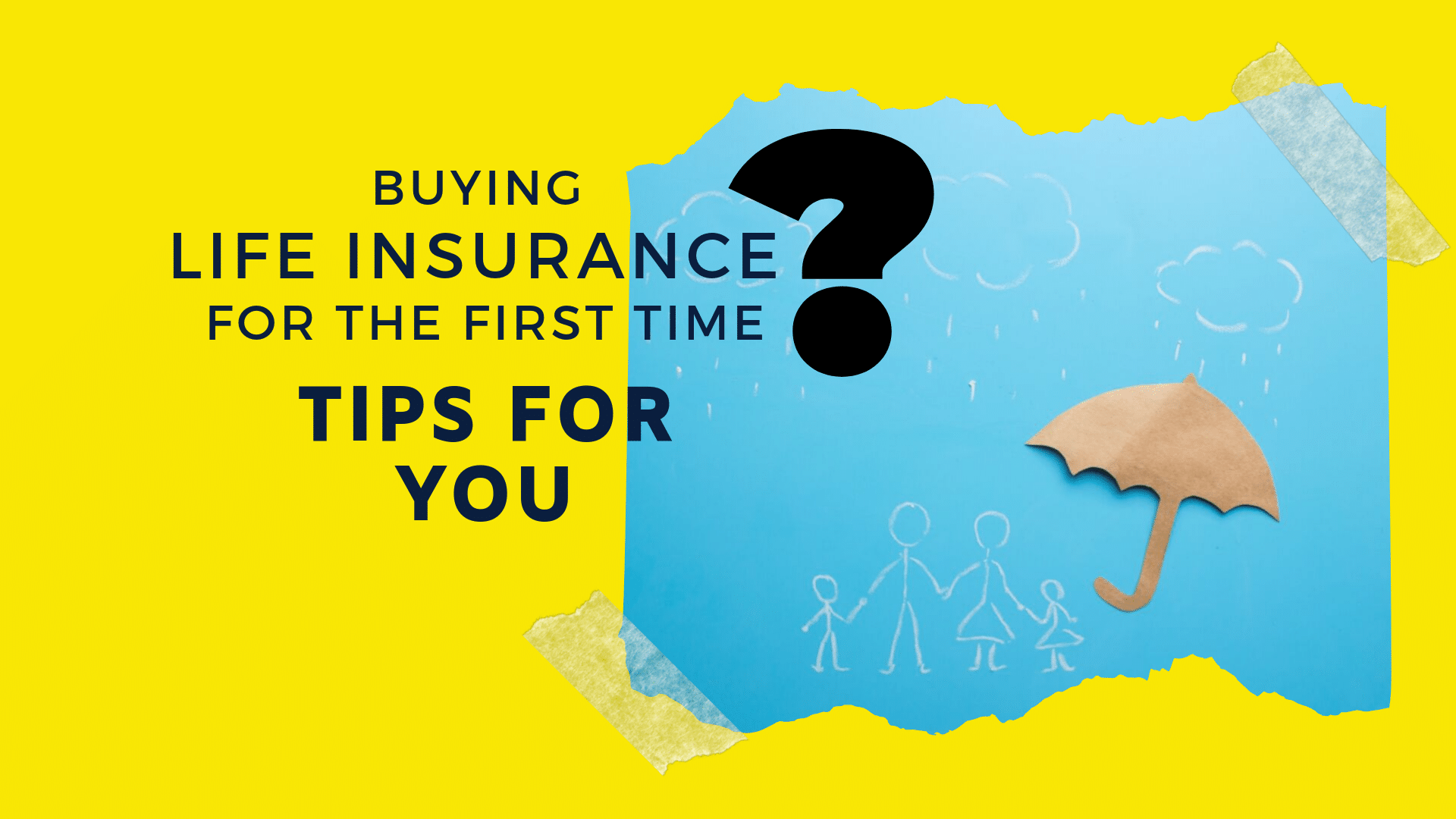Buying insurance for the first time can feel overwhelming, especially with the variety of policy types, providers, and industry jargon. Whether you’re shopping for health, auto, home, life, or renters insurance, understanding how the process works can save you money, ensure adequate coverage, and provide peace of mind.
This guide offers essential tips for first-time insurance buyers to help you make smart, confident decisions when protecting your future.
1. Understand the Different Types of Insurance
Before purchasing any policy, it’s important to know which types of insurance you may need. The most common categories include:
- Auto Insurance – Required if you own or lease a vehicle; covers damage, liability, and theft.
- Health Insurance – Helps pay for medical expenses, preventive care, and emergencies.
- Homeowners or Renters Insurance – Protects your belongings and property from theft, fire, and other risks.
- Life Insurance – Provides financial support to your beneficiaries if you pass away.
- Disability Insurance – Replaces income if you’re unable to work due to illness or injury.
Each serves a different purpose, so assess your lifestyle and responsibilities before choosing coverage.
2. Assess Your Personal Needs
Ask yourself these questions to identify what insurance coverage you really need:
- Do you own or rent your home?
- Are you financially responsible for children or dependents?
- How often do you drive?
- Is your job physically demanding?
- Do you have any existing medical conditions?
Your answers will help determine which types of policies make sense and what coverage limits you should consider.
3. Learn the Key Insurance Terms
Understanding basic insurance terminology will make you a more informed buyer:
- Premium – The amount you pay (monthly or annually) for your insurance policy.
- Deductible – The amount you pay out-of-pocket before your insurance kicks in.
- Policy Limit – The maximum amount your insurance will pay for a covered claim.
- Claim – A formal request for payment under your policy.
- Coverage – The specific risks or events your policy protects against.
Knowing these terms ensures you don’t overlook important policy details.
4. Shop Around and Compare Quotes
Not all insurance policies are created equal. Compare at least three different providers before making a decision. When comparing quotes, don’t just look at price—review:
- Coverage levels
- Deductibles
- Exclusions
- Customer service ratings
- Claims processing reviews
A low premium may come with limited protection or poor service, so balance cost with value.
5. Don’t Over- or Under-Insure
First-time buyers often make one of two mistakes: buying too much insurance or not enough. Over-insuring wastes money, while under-insuring can leave you vulnerable when you need coverage most.
- For auto insurance, consider both liability limits and comprehensive/collision coverage based on your car’s value.
- For life insurance, aim for a death benefit that covers your debts, income replacement, and future expenses like college tuition.
Work with a licensed insurance agent or financial advisor to estimate how much coverage is appropriate.
6. Review the Policy Details Carefully
Before signing any insurance contract, read the fine print:
- Check for policy exclusions (what’s NOT covered).
- Understand the claims process and required documentation.
- Review the renewal terms and potential for premium increases.
- Ensure you understand waiting periods for health or life insurance.
Being thorough upfront can prevent disappointment and financial loss later.
7. Consider Bundling Policies
Many insurers offer discounts for bundling multiple types of coverage—such as home and auto insurance—with the same provider. Bundling can simplify your billing and potentially save you 10% to 25% or more annually.
8. Ask About Discounts
You may qualify for discounts based on your background or behavior:
- Good driver or student
- Military service or professional associations
- Security systems in your home
- Non-smoker or healthy lifestyle
Always ask what discounts are available when requesting quotes.
9. Choose a Reputable Insurance Provider
Stick with well-established, financially stable insurance companies. Check independent rating agencies such as:
- A.M. Best
- Standard & Poor’s
- Moody’s
Also, read online customer reviews and testimonials to gauge service quality and claims satisfaction.
10. Reevaluate Your Insurance Needs Regularly
Your life circumstances will change—marriage, buying a home, having children, changing jobs—and so should your insurance coverage. Reassess your needs at least once a year to ensure your policies remain aligned with your current situation.
Final Thoughts
Purchasing insurance for the first time is a significant step in building a secure financial foundation. By following these expert tips for first-time insurance buyers, you’ll be better prepared to make informed choices, protect your assets, and avoid costly mistakes.
Take your time, ask questions, and don’t settle for the first policy you find. The right insurance plan is an investment in your future peace of mind.
